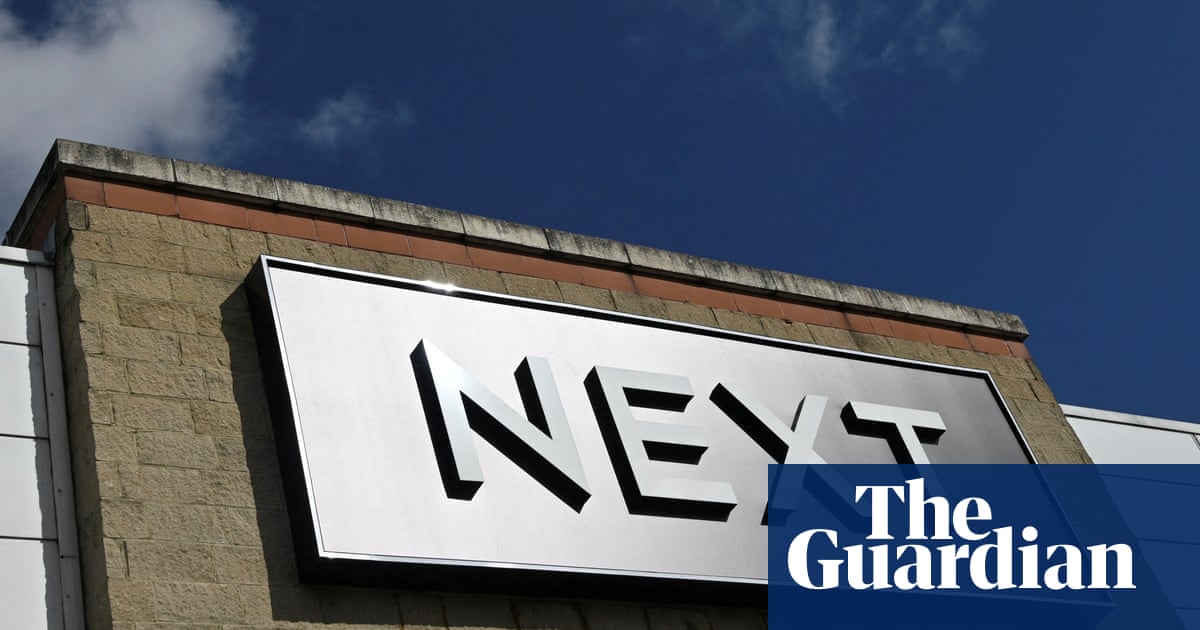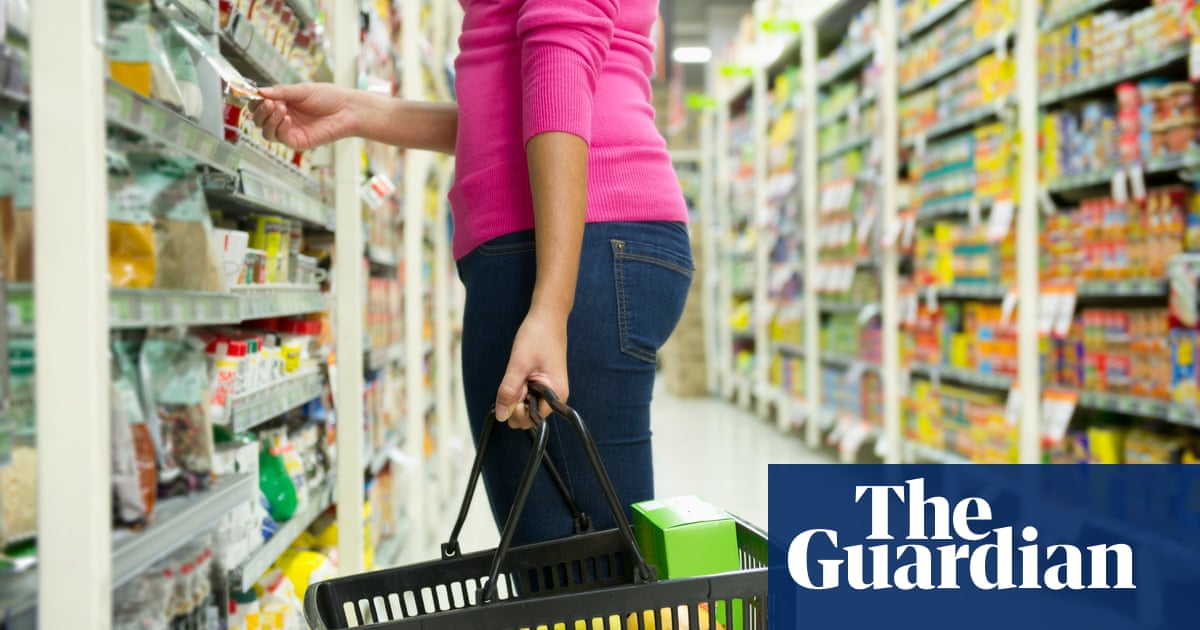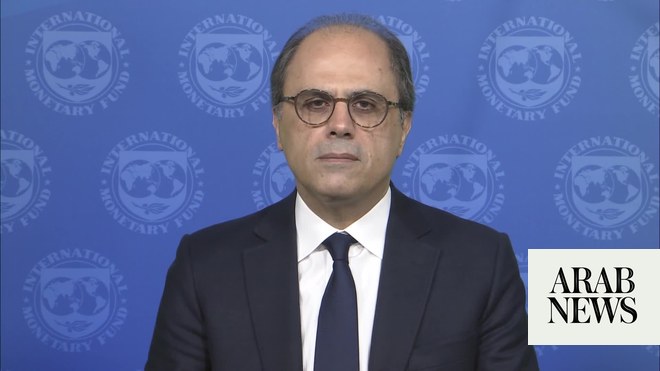
Next said it expected to raise prices more slowly in the coming year in a sign of easing inflation, as the clothing and homeware retailer reported record annual profits of £870m.
The FTSE 100 company increased profits by 5.7% in the year to 31 January, while total sales from trading rose by 8.4% compared with the previous year to £5.1bn, it said on Wednesday.
However, Next warned of a “very challenging” 2023 as its shoppers struggle with the cost of living crisis, with sales forecast to fall by 1.5% this year, while profits will also drop back.
Retailers and consumers have been struggling with soaring prices triggered by the recovery from the coronavirus pandemic and the Russian invasion of Ukraine.
Some of those pressures have eased, Next said, with a “significant reduction” in shipping costs and an improvement in how much it pays for goods from factories.
That is expected to feed through into lower prices in shops. Next expects price inflation on its products to be 7% over the spring and summer, dropping to 3% over the autumn and winter – a decline from the 8% and 6% rates it previously expected.
Simon Wolfson, Next’s chief executive, said: “Virtually every element of the supply chain looks more benign.
“We hope this is symptomatic of the wider economy and we will see inflation pressures ease.”
Signs of lower-than-expected inflation from one of the UK’s biggest retailers are likely to be monitored by the Bank of England, which last week raised interest rates by a quarter of a percentage point. The central bank and its global counterparts are raising interest rates to try to slow down inflationary price rises.
Next beat its own profits guidance for the year by £10m, helped by stronger-than-expected sales of more profitable goods and a strong performance in the post-Christmas sales. However, Wolfson said cost inflation in the coming year would squeeze optional spending, and emphasised the difficulty of predicting how big the hit would be.
Next’s share price fell by 5.6% by Wednesday afternoon.
“No one really knows how the continuing cost of living squeeze will affect consumers, and we do not know what effect lower selling price inflation will have in the second half,” Next said.
Despite the uncertainty, the chain has been using its financial strength to snap up smaller, struggling brands. Next on Tuesday bought the Cath Kidston brand name for £8.5m, after the vintage-inspired British retailer fell into administration for the second time in two years.
That adds to its recent deals to distribute clothing for the US fashion brands Gap and Victoria’s Secret in the UK, while it bought the British fashion brand Joules and the online furnishings specialist Made.com out of administration at the end of last year.
Wolfson also said the company was looking at expanding sales overseas, particularly outside its European and Middle Eastern operations. Next is in talks with undisclosed US retailers over deals to distribute its products.
Next’s results came two weeks after the chancellor, Jeremy Hunt, confirmed that UK corporation tax would increase. Wolfson, a Conservative peer, said he was comfortable with businesses contributing tax revenues, particularly after the huge government pandemic support to the economy. However, he did call for guidance on the longer-term tax level.
“The money has got to come from somewhere,” he said. “I don’t think it’s unreasonable that we help repay some of that [pandemic support]. I think what would be good to get clarity on – which no one has given us – is what does the government see as the long-term future for corporation tax?
“Where we are going forward relative to other countries will be important for the wider economy.”












